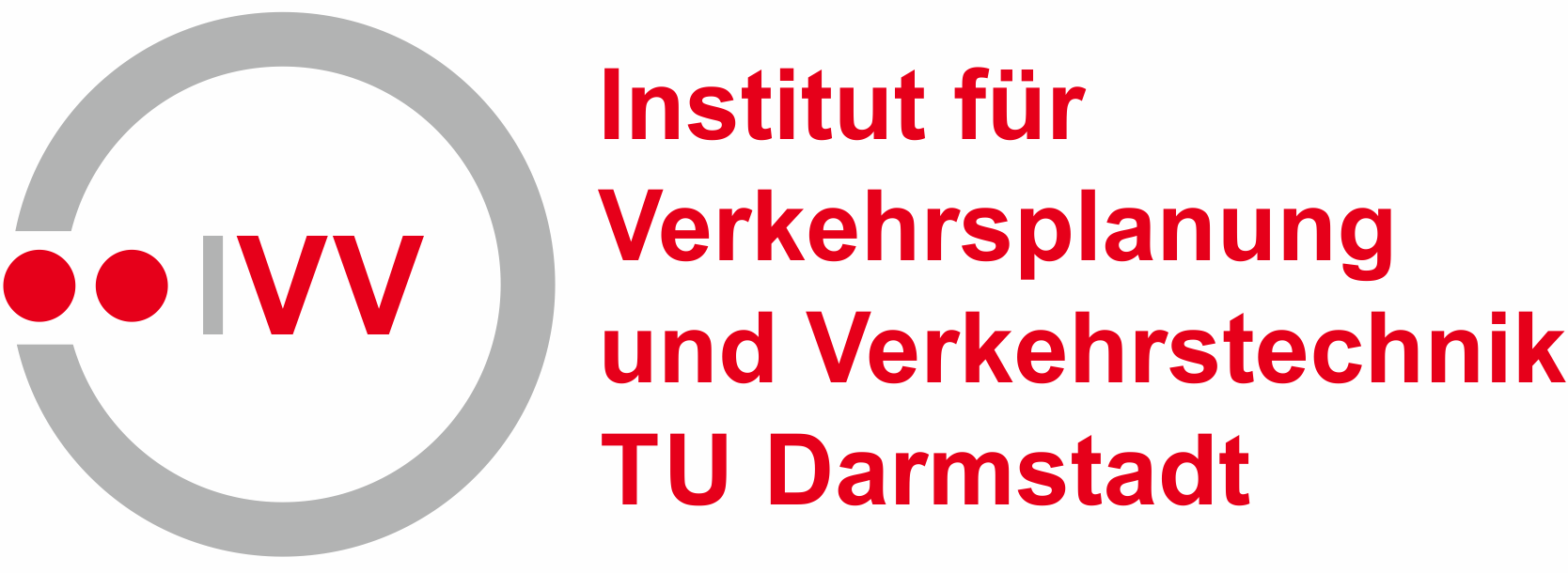scAInce – How and why Artificial Intelligence is transforming cities
ERC Consolidator Grant for TU project “scAInce” by Professor Eva Kassens-Noor


Project Description


Duration: 2023 – 2028
Funding Organisation: European Research Council
Description
Can technological change lead to a more sustainable life in our cities? This question is being addressed by the research project “scAInce”. Under the direction of Professor Eva Kassens-Noor, researchers at TU Darmstadt (Institute of Transport Planning and Traffic Engineering) are investigating how cities that want to solve their economic, ecological and social problems with artificial intelligence are changing. The project is supported by a renowned ERC Consolidator Grant from the European Research Council (ERC) to the tune of some two million euros over five years.
More than half the world’s population lives in cities, and they are where ecological, economic and social challenges are concentrated. So what’s the best way to overcome them? One common approach is the use of technology. “Cities are at the heart of the introduction of new technologies,” says civil and environmental engineer Eva Kassens-Noor. “But, paradoxically, they are also the biggest emitters of greenhouse gases, arenas of staggering inequalities and engines of economic growth.”
One approach to solving urban sustainability problems lies in so-called smart cities, i.e. “intelligent” cities where modern technology such as artificial intelligence (AI) is applied so the available resources can be used most efficiently and sustainably. But are smart cities really more sustainable? Does using technology help, or does it lead to new, possibly even bigger, problems? There are lots of questions, and the aim of the project “scAInce” is to find answers.
The impact of AI on urban systems
The researchers want to explore out how artificial intelligence and its associated technologies have already changed urban systems; if they even can change urban systems; how they will change urban systems in the future, and whether technological change actually does lead to a more sustainable life in cities.
They are investigating issues such as the sustainability of cities that have introduced smart city technologies in the past, and the influence of privately-operated AI solutions on sustainability in before-and-after studies. Research is also being carried out and developed further in the virtual open source city from Spectra Studios LLC and NUMENA GmbH. Spectra enables its inhabitants around the world to change their virtual environment together.
The aim is to create a theory that explains why and how cities are changing through the use of artificial intelligence and its associated technologies. Based on their sustainability goals, cities could then use the developed concepts to decide which technology should be used to enable a more sustainable life.
Recommended external content
We have selected external content from YouTube for you and would like to show it to you right here. To do this, you must reveal it with one click. You can hide the external content at any time with another click.
I agree to external content from YouTube being shown to me. This may result in personal data being transmitted to third-party platforms. You can find more information in our Privacy Policy.
Funded/Co-funded by the European Union (ERC, Acronym, project number). Views and opinions expressed are however those of the author(s) only and do not necessarily reflect those of the European Union or the European Research Council. Neither the European Union nor the granting authority can be held responsible for them.



